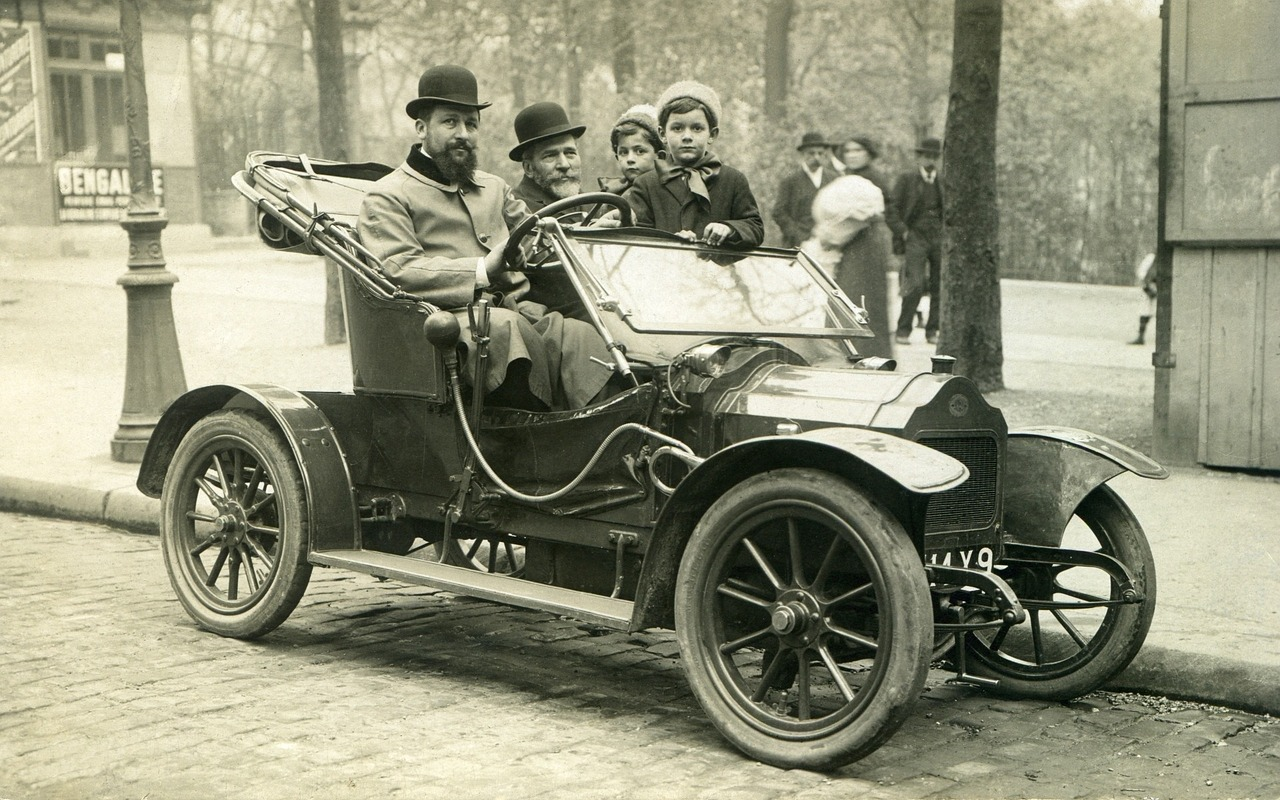Unit 1: The Industrial Revolution (1750-1900)
Unit 1: The Industrial Revolution (1750-1900)

Unit 1: The Industrial Revolution (1750-1900)

Unit 1: The Industrial Revolution (1750-1900)
This unit emphasizes the effects of the Industrial Revolution on Great Britain; its impact on political, economic, and social institutions; and how inventions and technological advancements affected the people of the time.
The term Industrial Revolution, like similar historical concepts, is more convenient than precise. It is convenient because history requires division into periods for purposes of understanding and instruction and because there were sufficient innovations at the turn of the 18th and 19th centuries to justify the choice of this as one of the periods. The term is imprecise, however, because the Industrial Revolution has no clearly defined beginning or end. Moreover, it is misleading if it carries the implication of a once-for-all change from a “preindustrial” to a “postindustrial” society, because, as has been seen, the events of the traditional Industrial Revolution had been well prepared in a mounting tempo of industrial, commercial, and technological activity from about 1000 ce and led into a continuing acceleration of the processes of industrialization that is still proceeding in our own time. The term Industrial Revolution must thus be employed with some care. It is used below to describe an extraordinary quickening in the rate of growth and change and, more particularly, to describe the first 150 years of this period of time, as it will be convenient to pursue the developments of the 20th century separately.
The Industrial Revolution, in this sense, has been a worldwide phenomenon, at least in so far as it has occurred in all those parts of the world, of which there are very few exceptions, where the influence of Western civilization has been felt. Beyond any doubt it occurred first in Britain, and its effects spread only gradually to continental Europe and North America. Equally clearly, the Industrial Revolution that eventually transformed these parts of the Western world surpassed in magnitude the achievements of Britain, and the process was carried further to change radically the socioeconomic life of Asia, Africa, Latin America, and Australasia. The reasons for this succession of events are complex, but they were implicit in the earlier account of the buildup toward rapid industrialization. Partly through good fortune and partly through conscious effort, Britain by the early 18th century came to possess the combination of social needs and social resources that provided the necessary preconditions of commercially successful innovation and a social system capable of sustaining and institutionalizing the processes of rapid technological change once they had started. This section will therefore be concerned, in the first place, with events in Britain, although in discussing later phases of the period it will be necessary to trace the way in which British technical achievements were diffused and superseded in other parts of the Western world.
Unit Focus
- why the Industrial Revolution began in Great Britain
- changes in manufacturing, labor, agriculture, and communities caused by the Industrial Revolution
- working conditions in factories during the 19th and early 20th centuries
- Marx’s philosophy of scientific socialism
- ways in which labor unions improved working conditions for factory workers
Vocabulary
Lesson Reading
Videos and Interactives (Click on Images to View Content)

